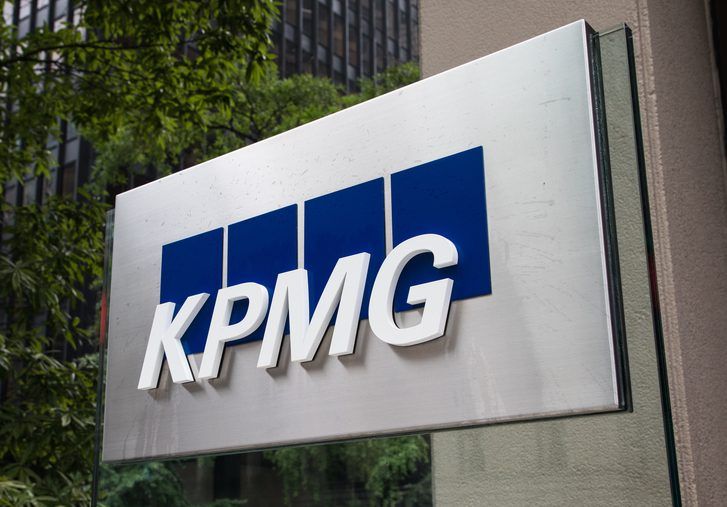KPMG UK announce new audit structure – but is it enough?
KPMG UK's new audit structure is intended to deliver on many of the CMA and BEIS comittee recommendations, but critics say only a full separation will do
KPMG UK's new audit structure is intended to deliver on many of the CMA and BEIS comittee recommendations, but critics say only a full separation will do

KPMG UK will change their executive governance structure to separate audit from the rest of the business – but critics have said the changes do not go far enough.
The changes will see KPMG create an Audit Executive Committee in attempt to deliver on some of the recommendations made by the CMA and BEIS committee, but they do not represent a full separation of the firm’s audit practice from the rest of the business.
Campaigner professor Richard Murphy, from City University, was sceptical about the proposed restructuring and called for KPMG to “entirely separate its audit firm from the rest of its activities.”
“I welcome KPMG recognising that there is an issue to address with regard to audit independence. I regret that they are addressing it the wrong way. There is no way that any number of so-called Chinese walls will restore any credibility to the Big Four on this issue,” he said.
KPMG UK chairman Bill Michael insisted that the firm was committed to reform. “We’re serious about making changes to restore trust in audit. We understand concerns that the profession’s operating models have become too opaque and we are taking action to tackle these.”
The Audit Executive Committee will be headed by Jon Holt, who will become head of audit. The restructuring is intended to enable faster management decisions to be made by those closest to the firm’s clients.
“The sole aim and focus of our chair of audit, our new audit executive and our Audit Oversight Committee is to drive audit quality, via strong leadership, good governance, rigorous controls, independent decision-making and separate performance management from the rest of the firm,” he added.
However, Prof. Murphy refused to believe that KPMG could be trusted to regulate themselves adequately. “When it is apparent that they cannot comply with existing externally imposed audit regulations, no one will believe that they will respect those that they claim that they will voluntarily apply to themselves to save their own corporate skin.”